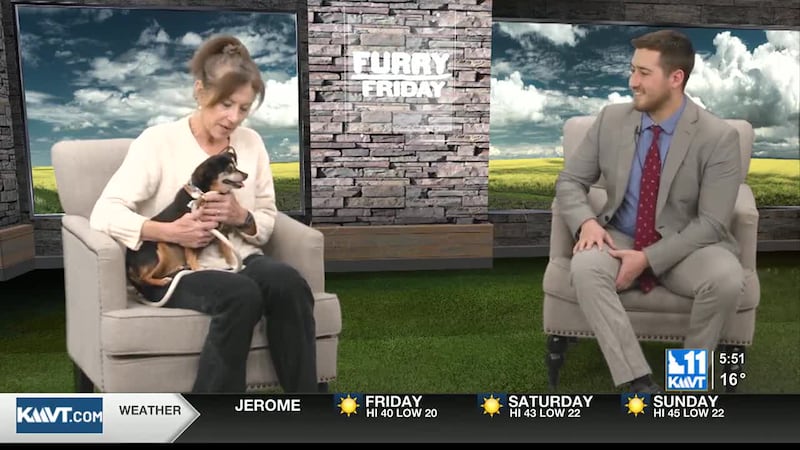Protecting pets from the bird flu
TWIN FALLS, Idaho (KMVT/KSVT) — The latest avian flu outbreak has hit all 50 states and while we know it can impact birds and farm animals, what about our pets?
The bird flu has been making its way around the country, and while the name suggests only feathered animals can catch the illness, that is far from the case.
Dairy cattle, pigs and even house cats have contracted the virus according to the CDC.
“Things that we considered safe like raw meat diets turned out to be not necessarily trustworthy. Raw milk that the FDA recalled was given to cats, and the cats ended up getting sick,” said Doctor Zsigmond Szanto, a Twin Falls Veterinarian.
He adds that raw milk and meat are not the only risks for pets catching bird flu.
“So, if a dog goes for a walk and sniffs, limit what they do because somehow they are attracted to all different types of bird droppings and just be mindful of it,” Szanto added.
The CDC lists animal droppings as one of the top spreaders of the H5N1 bird flu. Doctor Szanto says fortunately his office has not seen any cases.
“We are on the lookout, and we constantly ask our clients especially with cats, obviously cats are hunters. Domestic cats, indoor-outdoor cats all like hunting and they could catch a bird that’s on the ground that could be infected, so we are always on the lookout,” said Doctor Szanto.
While the CDC says it’s unlikely your pet can give you the bird flu, it is possible. Doctor Szanto recommends that owners be a bit more vigilant with cases on the rise.
“We kiss their faces, kiss their noses just be mindful of it just not to do those little habits as often as before or maybe just clean the nose up on a dog coming home from a walk just to be a little bit safer,” Szanto said.
If your pet is experiencing bird flu symptoms -- which include fever, loss of appetite and respiratory issues -- contact your local veterinarian.
Copyright 2025 KMVT. All rights reserved.














